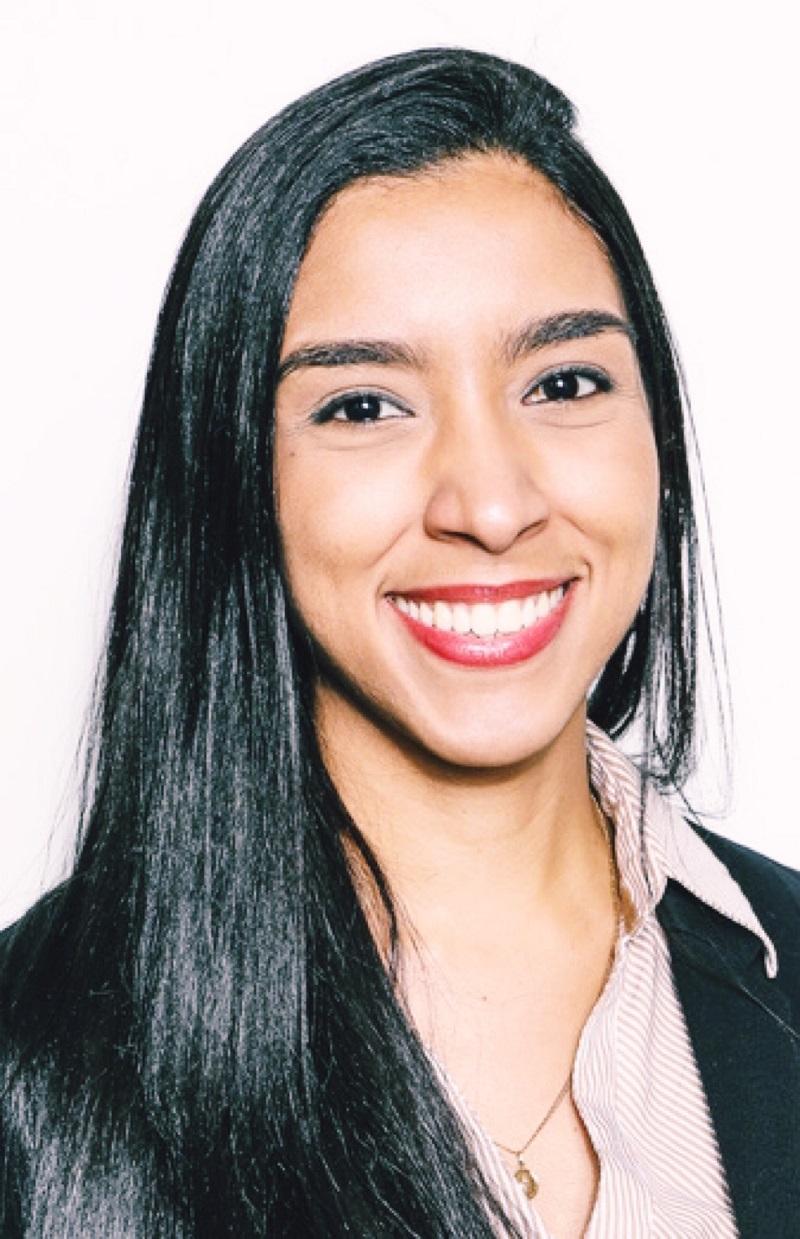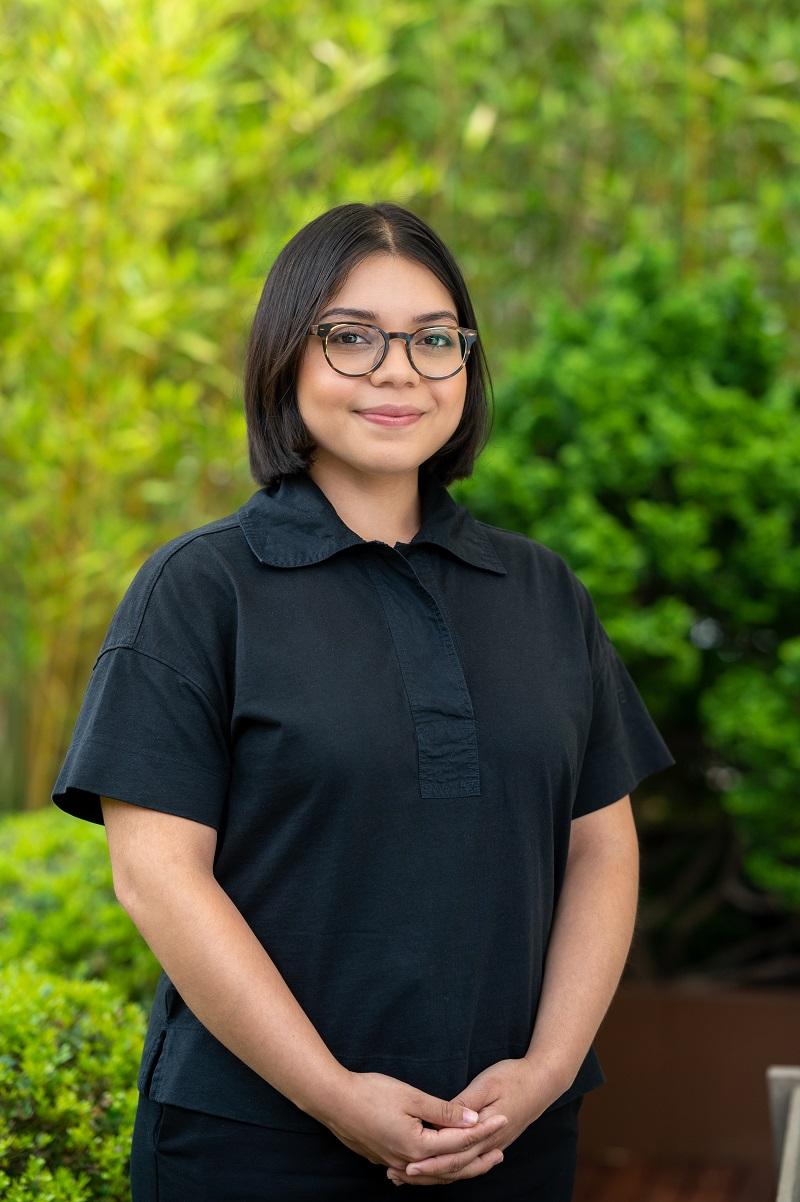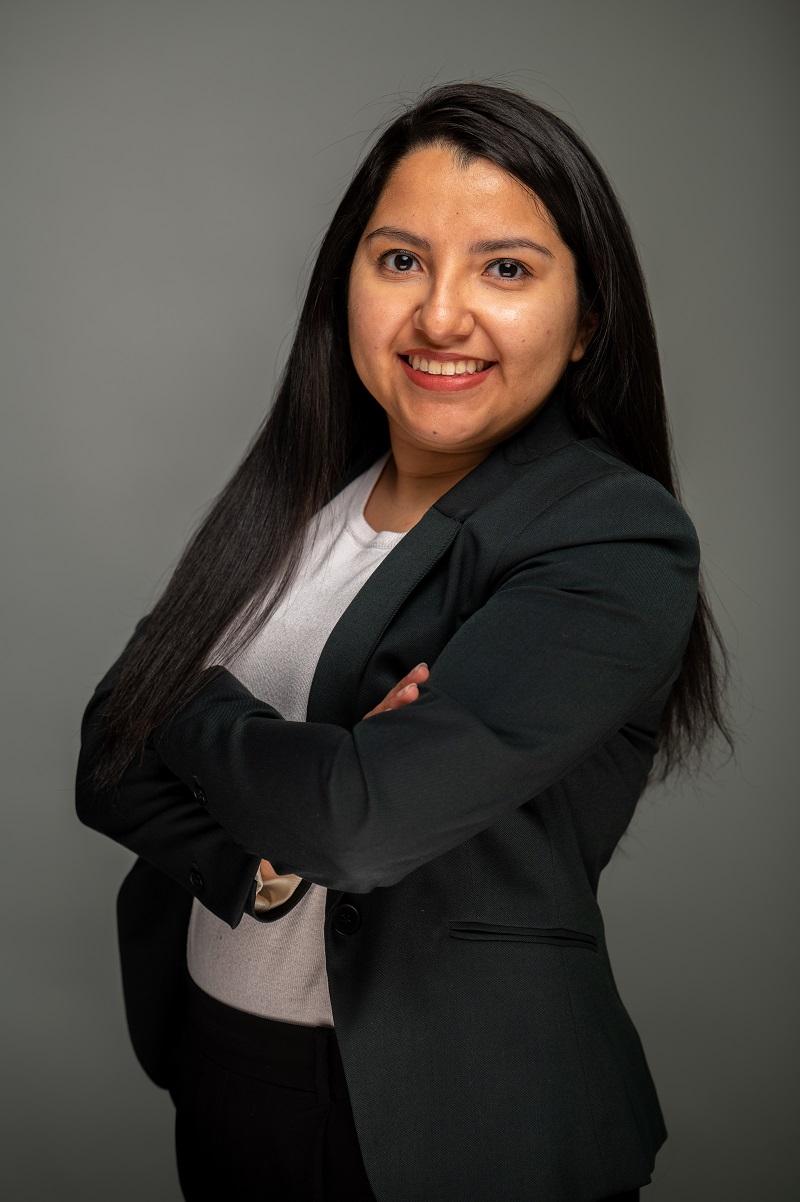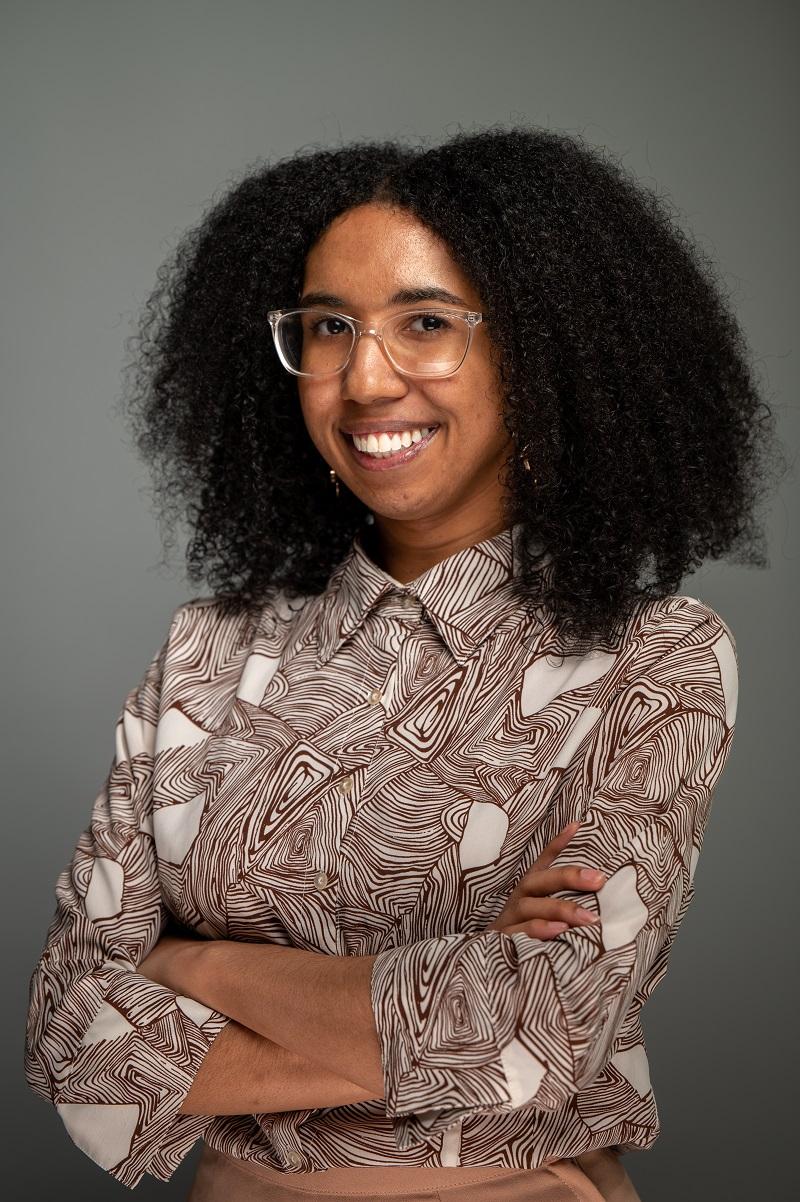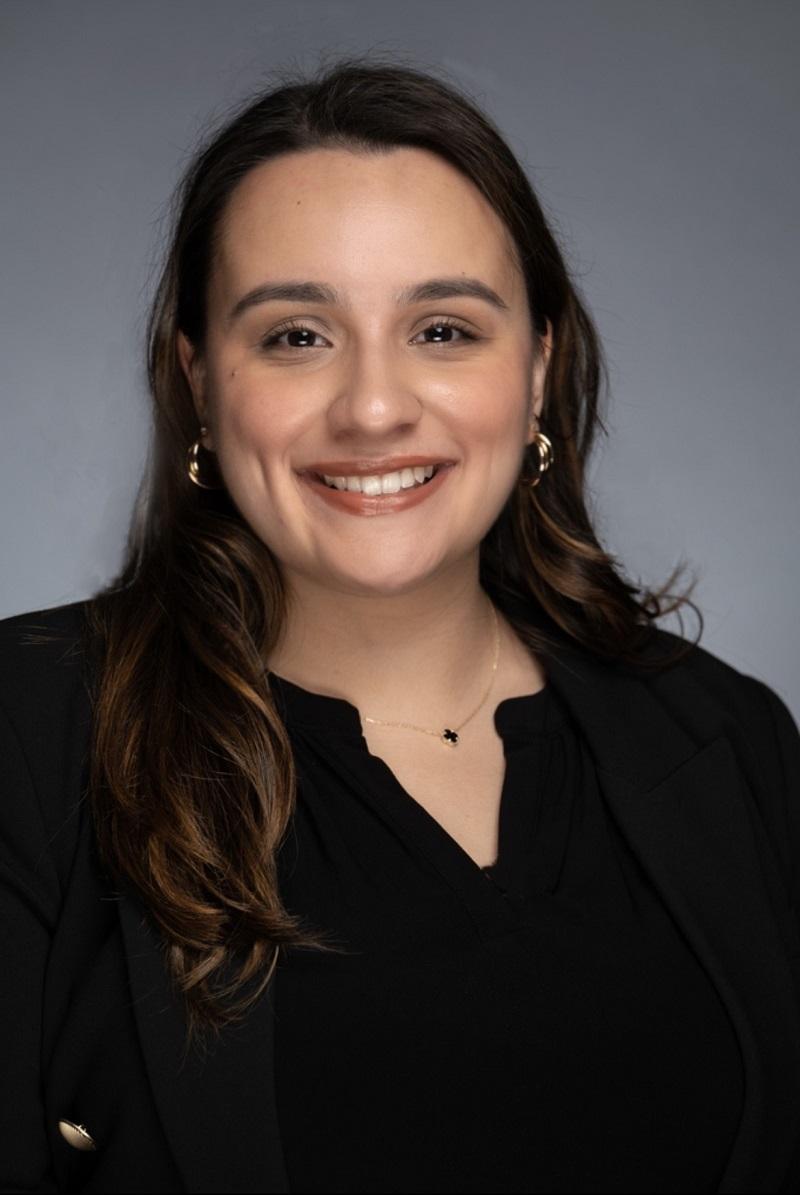Insights and Advice From Bloomberg First-Gen Professionals
Originally published on bloomberg.com
Access to educational and employment pathways are not always easy to come by for people in underserved communities. First Generation college students have additional unique challenges that according to research, create a gap in earnings and other economic outcomes when not addressed. Bloomberg partners with a number of nonprofit organizations that aim to bridge that gap. These organizations provide students with an opportunity to engage with corporate partners in a variety of settings meant to improve professional know-how and arm high-achieving, low-income students with the knowledge and network that can set them up for a successful career.
Organizations like Project Basta, Leadership Enterprise for a Diverse America (LEDA) and Management Leadership for Tomorrow (MLT) work with a wide range of corporate partners to connect First Generation students and students from underrepresented communities with critical career resources, networks, and mentors. They create new pipelines for companies to hire talented individuals that, in the past, might have been overlooked.
At Bloomberg, our recruiting team builds a diverse talent pipeline as students from our nonprofit partners participate in summer internships. These internships prepare and position students for job offers with Bloomberg. Through our Corporate Philanthropy programs, we’ve created a global network of volunteer mentors that help students explore career options and develop formalized networks that provide professional development support. Bloomberg employees, many who are alumni of our non-profit partners, work to share their experiences while providing opportunities that allow students to test what they learn with their nonprofit partners in a real-world professional setting.
As first-generation college graduates are being recruited, hired, and empowered at more and more companies, they are coming together more often to create a space for First-Gen experiences to be shared to help build confidence and grow community. Just being hired is not always enough without a support network and mentors to help guide the way through unfamiliar corporate practices. Six young First-Gen professionals at Bloomberg shared their advice for First-Gen college students who are starting out.
Vanessa Mercedes Almonte
Product Sales, Project Basta
When I was a BASTA fellow, the best advice I received was to really focus on the type of jobs I actually wanted and not the job I thought I could get based on my experience. I felt I was at a disadvantage after graduating from college because I had to work 2 jobs through college while being a full time student so I had no time left to do any internships. I thought my experience working as a front desk in a medical office was not relevant. BASTA made me understand the value in each of my experiences and helped build the confidence I needed to go for the jobs I really wanted.
Many Correa
Bloomberg Philanthropies, LEDA
I wish someone had told me that whatever career path I went down, there would always be opportunities to learn and grow. At Bloomberg, for example, there are formal opportunities like Bloomberg University courses and outside professional development courses or conferences, but there are also important informal opportunities for professional growth, like carefully reading an article on the latest research in your field or speaking with colleagues over lunch. It’s also incredibly important to grow your network which can be daunting but my mentor reminded me it can be as easy as asking for coffee chats. As an intern, and even now as an employee, coffee chats are a fantastic way to build relationships, make connections, learn about your colleagues’ work, and collaborate with others.
Estefany Diaz
Analytics, Project Basta
The best advice I received from a mentor is that interviews are a two way street. They are not only for me to demonstrate I’m a good fit for the role but also to learn if the role and the company are a good fit for me. I also learned your career path is not always a straight path. Sometimes taking a detour is ok. I started in a role that wasn’t exactly related to what I studied in college but it helped me develop my technical and soft skills. Now I am in a role where I use both the skills I developed at my first role and what I studied in college.
Raeven Mataya
Analytics, LEDA
As I started thinking about potential career paths, I wish I had known then that it’s important to not count anything out, including yourself. There are so many paths out there, ones both unknown and waiting to be created, and not only are they achievable, but there are places and people out there waiting to benefit from having your perspective. It may seem difficult navigating unfamiliar fields like business or technology, especially coming from a first-generation background, but I’ve found those experiences often cultivate resiliency, innovative and critical thinking, and other skills that set you up for success. Mentors have emphasized the importance of having an open mind as well as the benefits of pouring the lessons and experiences you’ve accumulated into others to ensure success and opportunities are shared.
Safia Jamekay
Enterprise Services, MLT
Network with as many people as you can that are in the position you see yourself being in. Yes, we all have our own individual experiences but through conversations you can get a sense of what you are getting into before jumping into it. The best piece of advice I received from a mentor in my network was to not be a victim of my own negative thinking. Imposter syndrome is both real and common but it’s important to acknowledge that my success and opportunities were well-earned.
Stephanie Orlic
Bloomberg Media, Project Basta
Never limit myself to opportunities that arise due to lack of knowledge or experience. Despite not knowing all the answers to questions that may arise, your research and strategy to find those answers can be your biggest superpower. Instead of being afraid of failing, challenge that fear and morph it into excitement about learning something new and gaining a new skill. As a young professional, I might not have as much experience as my senior-level peers, but I am able to provide perspective and innovative ideas, nonetheless. In the moments where I am not sure about how to approach something, researching and preparing will allow me to make an informed decision and support my team in my own unique way.

